
Everything builds upon something. In the earliest days of cinema, it drew inspiration from vaudeville and theater. If we go back down in history through operas and stages, we will end up in ancient times and in this case, ancient Greek theater. For their theater, it was based upon tragedies from family chaos, myths, epics, and so forth.
Certain films today can be compared to a Greek tragedy, especially to pioneers of the times such as Sophocles, Euripides and Aeschylus. On this list are contemporary or modern films that resemble Greek tragedies. In terms of ‘contemporary’ or ‘modern’, there aren’t any films that take place in ancient times such as a wonderful body of work by Michael Cacoyannis. Here are some films that drew inspiration from Greek tragedies.
1. The Killing of a Sacred Deer (2017)
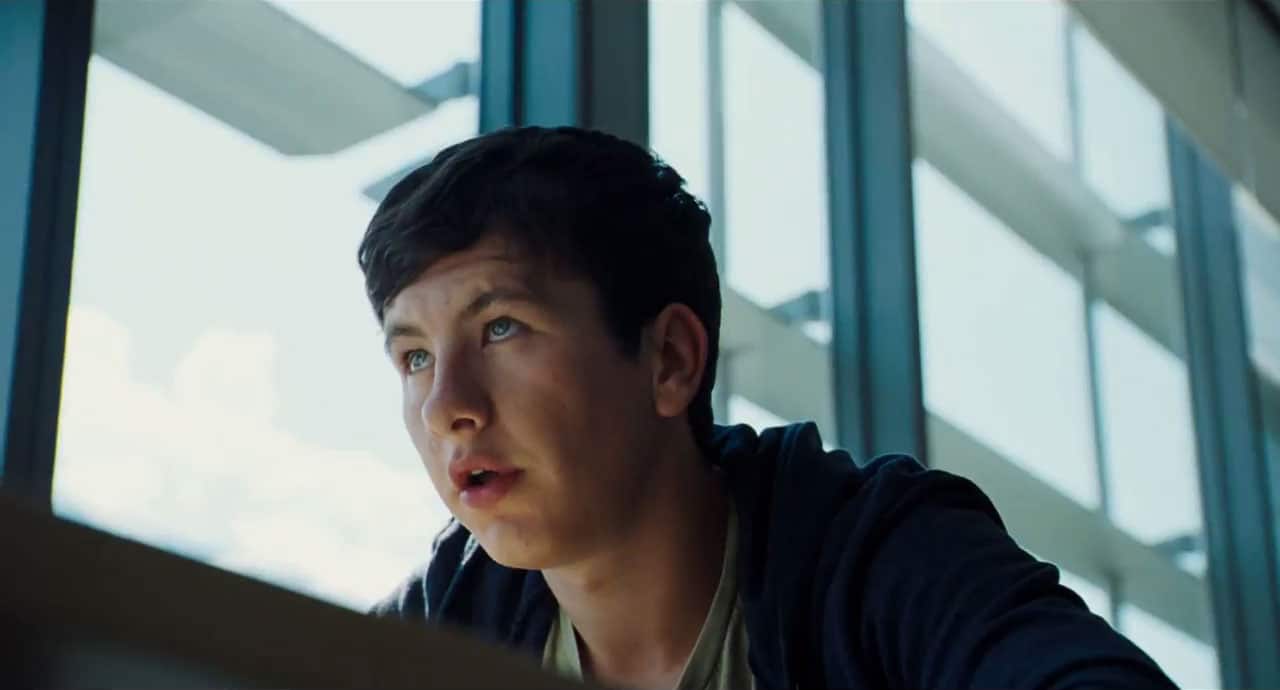
It doesn’t come as a surprise that one of the great film directors today would take on their own history. Greek filmmaker Yorgos Lanthimos channeled the play “Iphigenia at Aulis” by Euripides to create a psychological and deeply unsettling film in present-day Ohio.
Lanthimos might take the basic premise of a father sacrificing his daughter to a new realm but this film is strictly Lanthimos’ creation. He adapts the premise to modern times where a teenage boy played by Barry Keoghan states to cardiothoracic surgeon and father, played by Colin Farrell, that he must kill one of his family members for him and the rest to go on living. The boy’s motivations are linked to the death of father setting up the tragedy that will soon come.
The film’s deadpan delivery of dialogue and idiosyncratic characters in unique situations make this film stand out. Experiencing the film makes one feel uncomfortable and unsafe due to what is being projected on screen, just as Euripides made tragedies of ordinary people in extraordinary situations. The very core of the film is rooted in tragedy because no matter what the outcome of this film, someone innocent is going to die.
One must surrender the logic and reasoning behind tragedies, but when it’s a film by Lanthimos, who strictly expresses his thoughts, you must do so even more to have the best experience possible.
2. Teorema (1969)
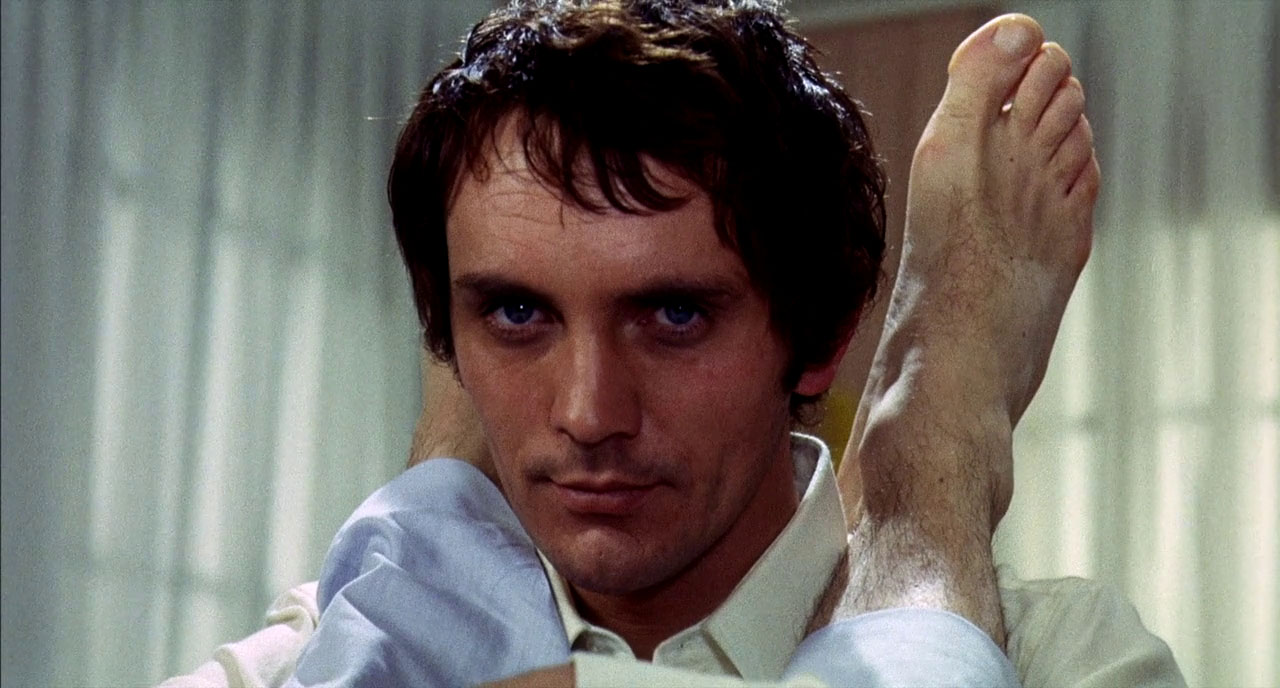
A film by Pier Paolo Pasolini, which is open to numerous interpretations ranging from commentary on bourgeois society, Marxism, Catholicism, cinema itself, and so forth. However, in terms of Greek tragedy, we see how a mysterious figure played by Terence Stamp changes the outcome of an entire family after their encounters with him.
In Greek, ‘theorema’ means ‘spectacle’ ‘intuition’ and ‘theorem,’ resulting how each encounter with the family members lead to a tragedy by the end. The film is mostly visual and silent as Stamp’s The Visitor gazes upon the mother, father, daughter, son, and maid.
The family is part of the bourgeois, so no extraordinary circumstances or background elevate the situation. However, after the consoling, sexual odysseys, and hypnotic gazes, all the characters have a dramatic downfall that could only resemble that of a Greek tragedy.
The son departs, the daughter falls into a catatonic state, the father runs naked to the motif of the soon-to-erupt volcano, the mother leaves for young men, and the maid returns to her village. The entire structure of their livelihood has changed for heightened realism, resulting in chaos of their surrounding world but more so of their internal intuition.
3. Chinatown (1974)
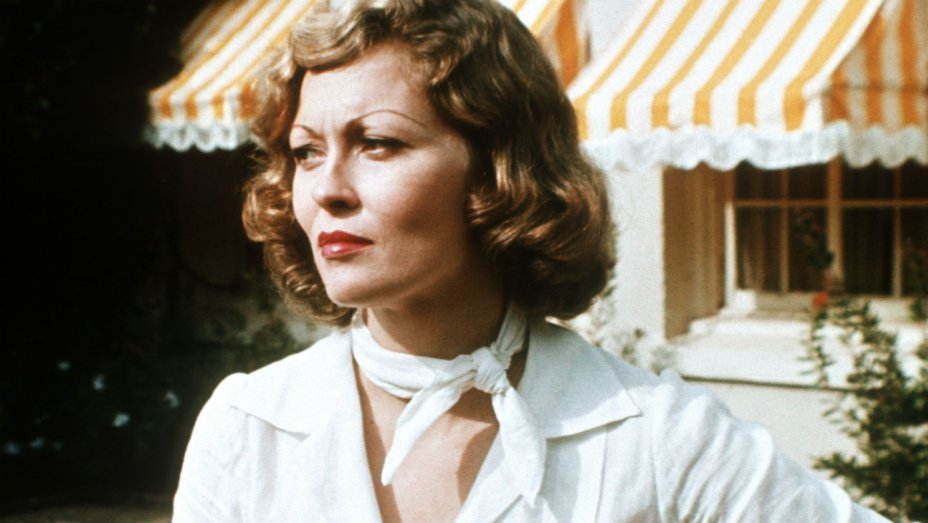
Robert Towne must have been thinking of a tragedy while writing his perfect screenplay. As all the events and character arcs of this mystery and neo-noir, the last act of the film plays out perfectly in a form that Sophocles or Euripides would be proud of in terms that all the characters are doomed to their eventual demise.
In terms of Greek tragedy, there are no happy endings. In terms of “Chinatown,” the love between Jack Nicholson’s J.J. Gittes and Faye Dunaway’s Evelyn is put to an abrupt end and the evil John Huston’s Noah Cross gets aways with his incestuous daughter and plot on the water in Southern California. Towne and Polanski perfectly lay out and build up to the last act of the family showing that nothing is going to be pretty.
The film can be compared to a reversal ‘Oedipus Rex’ due to Noah and Evelyn’s relationship that stuns Gittes. Also, even at the end before the famous, “Forget it Jake. It’s Chinatown,” Evelyn has been shot in her left eye, mirroring how Oedipus gouged his own eyes out at the end of Sophocles’ play.
No one is left unsaved in the world that Polanski created; he even summoned it up best with, “Love gives you happiness but I know that it ends, and the love carries the seed of tragedy,” whether talking of his personal life or the love between the characters in the film, it bleeds out in “Chinatown.”
4. King Kong (1933)
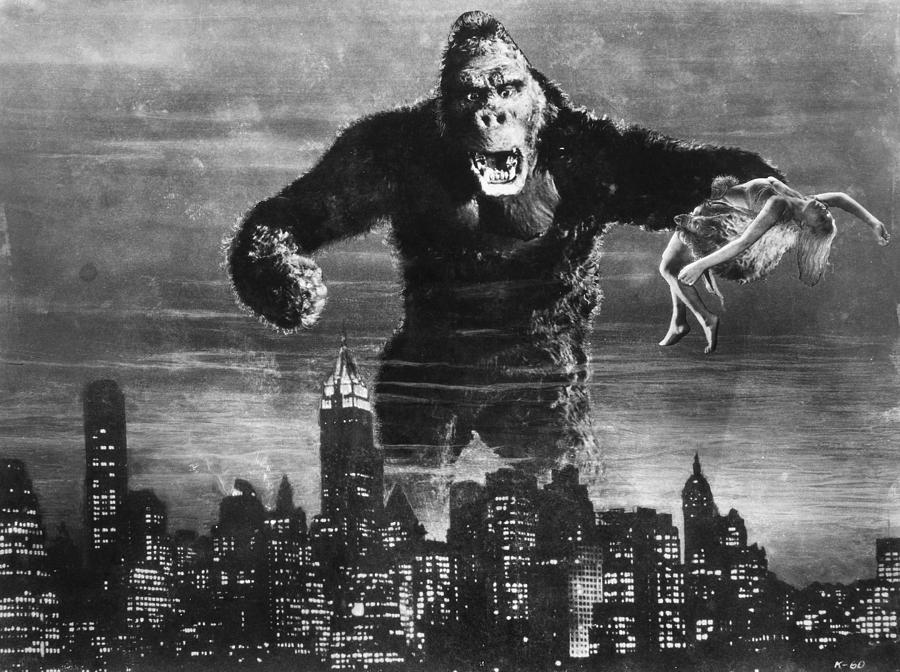
Consider it a classic film that everyone recognizes, but look deeper into James Creelman and Ruth Rose’s story, directed by Merian C. Cooper and Ernest B. Schoedsack, and you’ll see a Greek tragedy set that climaxes on top of the Empire State Building.
We see a giant, monster-like ape show affection to a blonde actress played by Fay Wray. But really, it’s a story about two creatures, one ape and one woman, and how they develop an understanding relationship from similar circumstances. And of course, it ends with the unhappiest of ways leading to, “It wasn’t the bullets, it was beauty that killed the beast.”
The meaning of these final words impacts the audience because we see Kong’s affection for Ann Darrow, leading him from idolized god among the natives in Skull Island to slave-like freak show exhibition in glamour of Manhattan.
We see how he lived peacefully and was disrupted by a film crew seeking adventure and fame. However, Kong’s love for Ann led him to breaking away from the freak show, causing chaos and havoc amongst Manhattan to eventually grabbing her and trying to keep her for himself on the world’s tallest building at the time.
In terms of Ann, she was a struggling actress that relates to Kong’s imprisonment, and sees him for what he truly is: a homesick creature looking for a honest connection. Both characters’ arc led to tragedy because they understood one another, but the world around them wanted a show and it was never going to last. It was doomed from Skull Island.
5. Children of Paradise (1945)
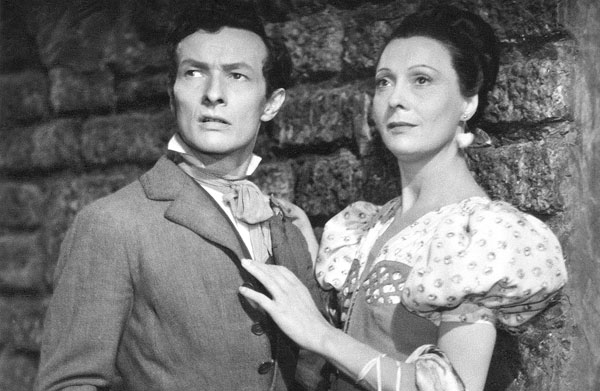
A film made under occupation by the Nazis with an actor, a criminal, a count, a mime, and a mysterious woman set in the Parisian theater world of 1830s and 1840s – how can this not end in tragedy at the height of the French poetic realism movement? Written by top writer of the movement Jacques Prevert and by the one best filmmakers France has to offer, Marcel Carne, they created a masterpiece in an emotional film that evokes the best of a tragedy.
Far too many details and storylines in the 190-minute epic, but watching Jean-Louis Barrault’s mime Baptiste Deburau fall in love with Artletty’s Garance, only to settle for his admirer Maria Casares’ Nathalie to eventually chase after Garance again after years of separation could only show some high points of this film. The film takes place largely in theaters or behind the stage, even putting on Shakespeare’s tragedy “Othello,” a dream role for the actor Pierre Brasseur’s Frederick.
What makes the film stand out aside from all the filmmaking craftship of design and cinematography and the performances in a perfectly poetic narrative, is the overlap of characters and their love for Garance. As you experience the film, you know someone is not going to have a happy ending, and several of the men’s dreams and love for Garance will end in heartbreak and for Garance as well.
But it’s how everything comes together for an emotional climax that is beyond melodrama, and even surpasses the downbeat endings of Greek tragedy because after spending the time with these characters in this world, we feel the tragedy alongside them.